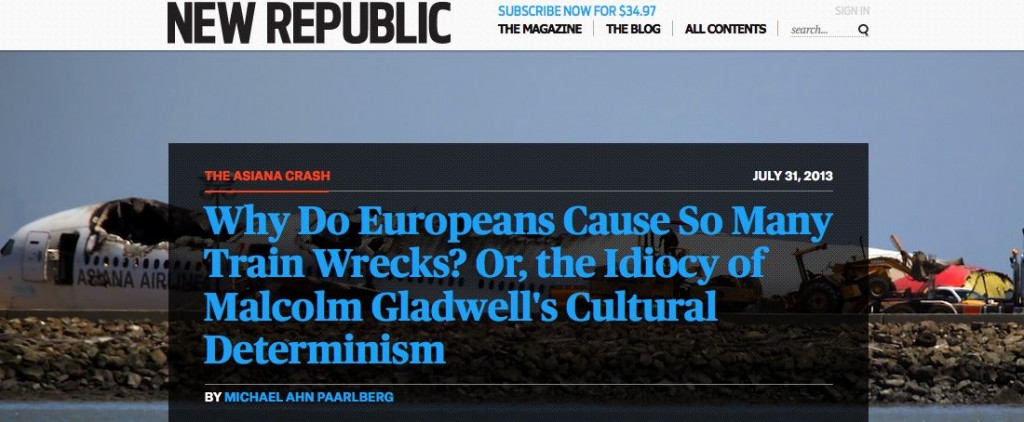Cultural determinism is a theoretical concept that explores the extent to which human behavior, values, and societal structures are shaped by cultural influences. Examining cultural determinism unveils how deeply intertwined culture and environment can be, particularly as they relate to human perceptions of climate change and environmental stewardship. This discourse will elucidate various manifestations of cultural determinism, with a particular emphasis on environmental perspectives and behavioral implications.
At its essence, cultural determinism posits that culture is the primary influence on human behavior and societal norms. Several examples can illustrate this ideology, particularly in relation to climate change and ecological awareness. One salient illustration is the contrasting attitudes toward nature observed in different cultures. In many indigenous societies, there exists a profound reverence for the environment, stemming from centuries of traditions and lived experiences that emphasize sustainability. This cultural ethos fosters a worldview in which humans are seen as custodians of the earth, guided by a sense of responsibility towards future generations. Such beliefs provoke a strong commitment to environmental conservation practices, demonstrating how deeply ingrained cultural norms can drive proactive engagement with ecological issues.
In contrast, industrialized nations often exhibit a more utilitarian perspective on nature, governed largely by capitalist frameworks. Here, the environment is frequently perceived as a resource to be exploited for economic gain. This dichotomy illustrates how cultural constructs shape perceptions of both nature and sustainability. The cultural narratives and ideologies prevalent in a society dramatically influence policies on climate action and conservation efforts. When a culture values economic growth over environmental protection, the resultant behaviors may hinder effective responses to climate-related challenges.
Another illustrative example of cultural determinism can be witnessed through the lens of communication surrounding environmental topics. The language used to discuss climate change can significantly influence public perception and engagement. For instance, cultures that prioritize scientific rationality might lean towards fact-based, data-driven discourse. Conversely, societies that value storytelling may be more influenced by narratives and emotional appeals. This divergence in communicative approaches highlights how cultural nuances dictate both the reception and response to environmental messages, ultimately shaping collective behaviors towards climate action.
Moreover, cultural determinism intertwines with the notions of identity and values. In certain contexts, cultural identities may reinforce specific environmental stances. For instance, individuals raised in cultures that prioritize community cohesion might be more likely to support collective environmental initiatives. Alternatively, those from individualistic backgrounds may focus on personal responsibility regarding environmental stewardship. Such distinctions underscore how cultural context influences not only individual beliefs but also community actions regarding climate change.
The concept of cultural determinism further manifests in behavioral patterns regarding consumption. In societies where consumerism is exalted, there often exists a disconnect from ecological realities. High consumption rates and waste generation reflect cultural values that prioritize material wealth over sustainability. This situation raises critical questions about how values can be reshaped to foster a more responsible relationship with consumerism and its environmental ramifications. Campaigns aimed at altering consumption patterns provide a case in point of how cultural perspectives can be shifted towards greater environmental consciousness.
In addition to consumption, cultural determinism also plays a pivotal role in environmental activism. The methods and strategies employed by environmental movements can vary substantially based on cultural context. Activism in some cultures may lean towards confrontational tactics, aiming to disrupt the status quo and provoke immediate change. Conversely, other cultures may favor a more diplomatic approach that prioritizes dialogue and consensus-building. This variation highlights the complex interplay between culture and activism, illustrating how cultural backgrounds can shape both the objectives and methods of environmental movements.
The relationship between climate change and cultural determinism becomes increasingly salient in the context of global environmental policymaking. As nations convene to address climate change on an international scale, cultural differences can manifest in negotiation styles, priorities, and ultimately, policy outcomes. Diverse cultural perspectives regarding environmental stewardship and development can lead to both collaboration and contention in international forums. Thus, understanding cultural frameworks is paramount for fostering effective dialogue and moving towards comprehensive climate solutions.
Moreover, education plays a transformative role in conveying cultural values related to the environment. Curricula that integrate cultural understanding and environmental science may cultivate more informed and responsible global citizens. By embedding environmental education within cultural narratives, societies can encourage a sense of environmental agency, promoting sustainable practices from an early age. This intersection underscores the importance of fostering a cultural milieu conducive to environmental awareness and action.
In conclusion, cultural determinism significantly influences perceptions, behaviors, and societal structures concerning the environment and climate change. The examples illustrated herein elucidate the profound impact of cultural frameworks on environmental action, policy, and individual behavior. Understanding this relationship is crucial for developing effective strategies to combat climate change, fostering sustainable practices, and bridging the divide between cultures in the face of a common global challenge. Through this lens, it becomes evident that cultivating a shared sense of stewardship—rooted in an appreciation for diverse cultural perspectives—might be the key to fostering a more sustainable future.
